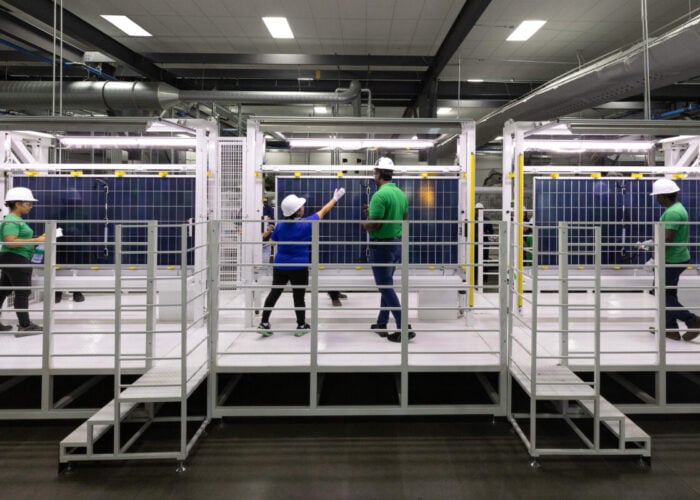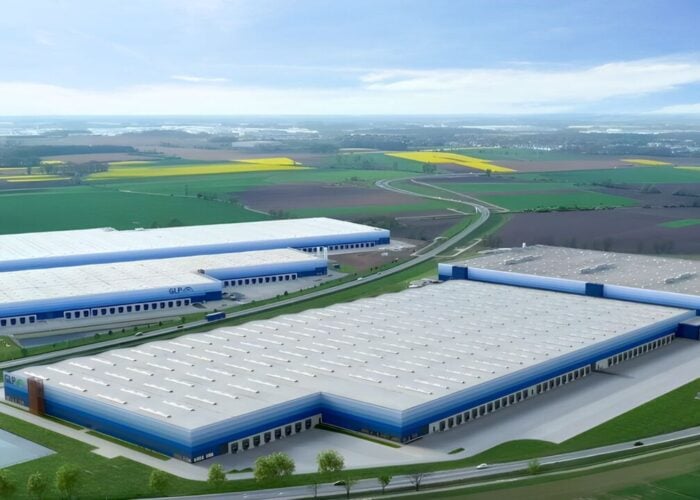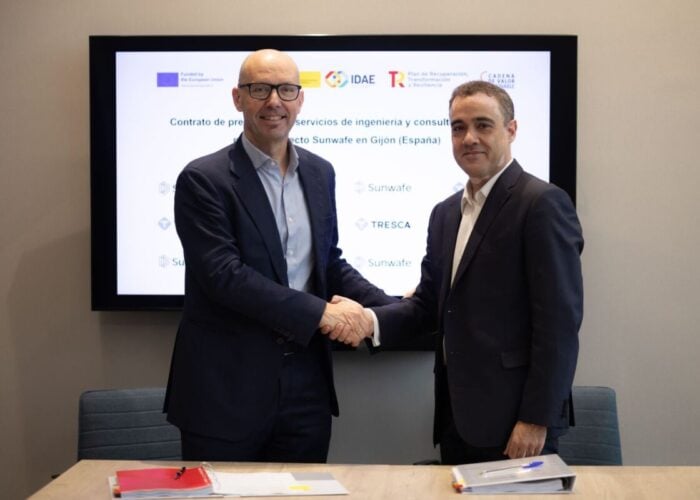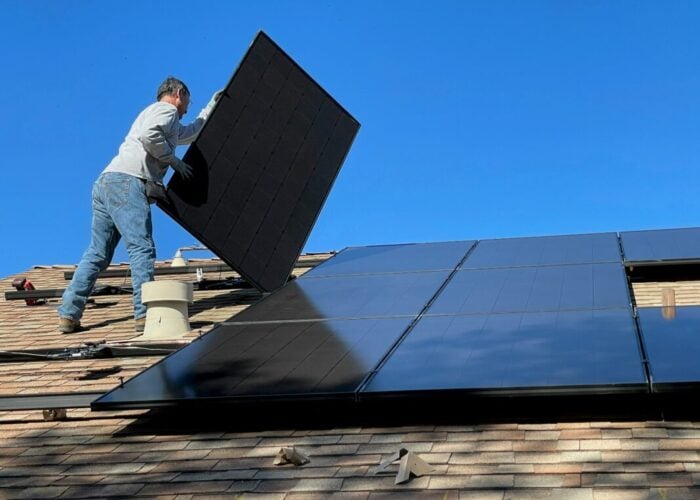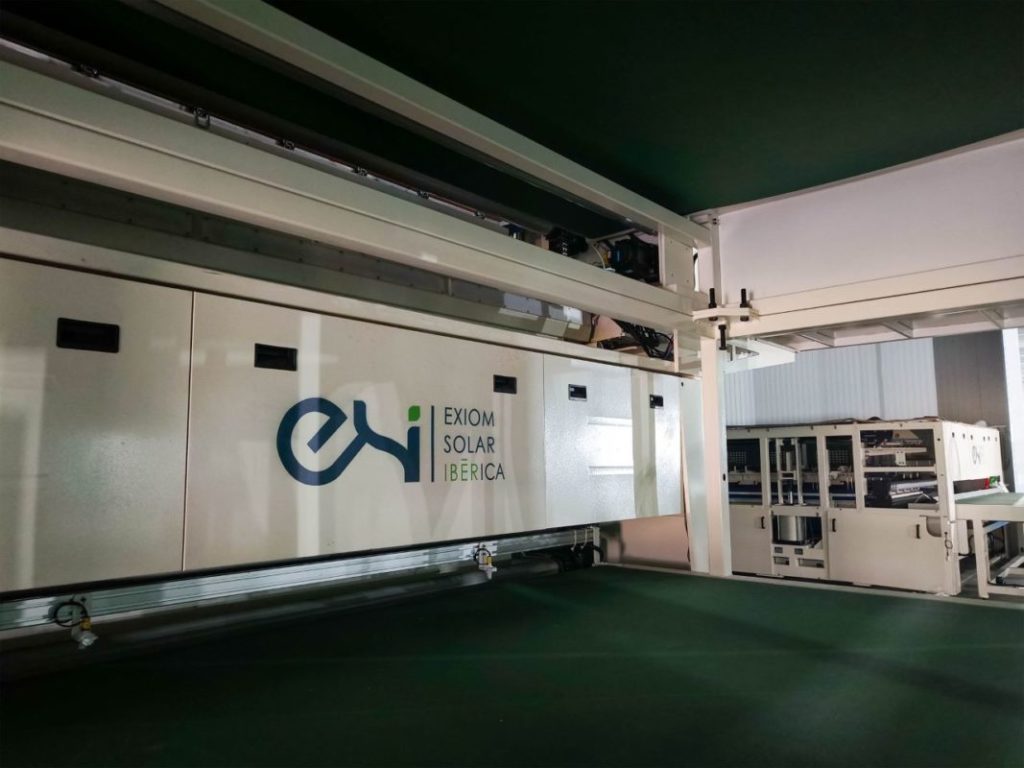
The Spanish Ministry of Ecological Transition (MITECO) has published the regulatory basis for the €750 million (US$812 million) incentive scheme for renewables and energy storage manufacturing.
The funds will be provided through Spain’s recovery and resilience plan (PRTR) and aim to incentivise the production of equipment and components for solar panels, batteries and electrolysers, among other technologies. The Institute for Diversification and Energy Saving (IDAE in Spanish) will be in charge of the programme, with the auction starting soon, although a concrete date has not been disclosed yet.
Try Premium for just $1
- Full premium access for the first month at only $1
- Converts to an annual rate after 30 days unless cancelled
- Cancel anytime during the trial period
Premium Benefits
- Expert industry analysis and interviews
- Digital access to PV Tech Power journal
- Exclusive event discounts
Or get the full Premium subscription right away
Or continue reading this article for free
Solar PV and battery energy storage systems are among the technologies included in the scheme. In the case of solar PV it will be for the manufacturing and assembly of solar panels, while for BESS it will be for the manufacturing and assembly of batteries, battery cells and battery packs. Batteries aimed primarily for electric vehicles are not included in the scheme.
The scheme was announced earlier this year with a public consultation. At the time, MITECO announced that future rounds could add other aspects of the supply chain.
Both new module assembly plants and capacity expansions in existing plants will be allowed to participate in the future auction. Reconverting existing plants to obtain new equipment or parts that were not previously in the assembly line, will also be able to participate. Only projects that have not started prior to the application to the scheme will be allowed to participate.
The maximum amount a project can receive will be dependent on the location of the plant based on the article 107, part 3 of the Treaty on the Functioning of the European Union (TFUE) with a maximum of €150 million – 15% of the project’s cost – for project’s in general. Projects located in zones ‘c’ can receive a maximum of €250 million and 20%, while projects in zone ‘a’ will receive a maximum of €350 million or 35%.
On top of that, the amount received for small companies could be increased by 20%, while medium-sized companies can receive an extra 10%.
The guidance about the scheme can be accessed here (in Spanish). The regulatory basis will be implemented once in force and until the end of 2025.
Domestic manufacturing measures
Spain is among several countries – including the Netherlands and Germany – which have launched subsidy schemes, or are in the process to, aimed at renewables manufacturing – including solar panels and batteries to reduce its dependency from third countries. During the first four months of the year, Europe imported 33GW of solar PV modules from China, representing 43% of all Chinese module exports, according to US energy analyst Clean Energy Associates (CEA).
The Net Zero Industry Act (NZIA), which came into force on 29 June 2024, includes a provision which requires the European member states to build an annual manufacturing capacity of net zero products that meets at least 40% of the 27 members’ annual deployment needs by 2030.
Another measure aimed at boosting European domestic manufacturing is the Solar Charter, which was signed by most EU member states (23 out of 27) in April this year. Under the Charter, member states and the solar industry bodies will “commit” to a number of measures “supporting the competitiveness of the European PV manufacturing industry and promoting the creation of a market for high-quality products meeting high sustainability and resilience criteria.”

